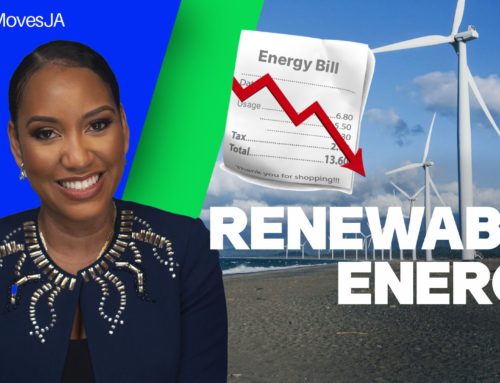So your business is under water and you owe more people money than you can afford to pay. You have no choice but to file for bankruptcy. What does this mean for the company? Joining me now to discuss how you can file for bankruptcy we have Immediate Past President of the Jamaican Bar Association and Head of Litigation at DunnCox, Emile Leiba.
Bankruptcy not forever
Failure to keep proper accounts could result in a company filing for bankruptcy but keeping good accounting records may also be the saviour during such proceedings.
According to Immediate Past President of the Jamaican Bar Association and Head of Litigation at DunnCox, Emile Leiba, bankruptcy signals the end of an insolvency process.
In Jamaica’s case, the insolvency regime implemented in 2015, provides businesses with some breathing space to pay creditors before their assets are liquidated. Under the regime, individuals or businesses have an initial 14 days to draft a proposal for their creditors to review. The creditors will either accept or reject the proposal. Provisions also allow for an extension of the timeline.
“The regime automatically abstains creditors from enforcing against you if your business is in trouble. For example, if the bank is about to sell your asset that you provided as security, you can file a notice with the supervisor of insolvency who will suspend those proceedings, get your property out of auction,” he said.
Leiba said it helps if there are proper accounting books in place. However he stressed that unfortunately that’s not a common practice among Jamaican businesses.
“A lot of it is identifying what you have and what’s liquid, what’s not liquid and payment terms for your creditors and that process can take a while in order for you to have a clear picture as to what’s going in, what’s coming out,” he said.
Once that process has been exhausted, it will trigger the core process for an order to be made declaring bankruptcy. However the lawyer said it’s not a permanent state. He also noted that after the settlement concludes, businesses do not run the risk of again being approached even if they return to profitability.
“Many times in a bankruptcy situation, there are insufficient assets to satisfy creditors so creditors may be paid what you call pennies on the dollar so for every dollar you are owned maybe you’re paid $0.50 or $0.60 cents and your assets are liquidated to satisfy your customers and at the end of that process you are discharged,” he explained.
Leiba also explained that once declared bankrupt, a company’s name gets changed and they enter receivership with a receiver replacing the board of directors. The receiver then becomes responsible for managing the company’s assets and informing all the creditors of the situation.
Bankruptcy, once initiated, can also be overturned should the declaree suddenly present sufficient funds to settle all creditors. This may result from the assistance of family and friends or through a lottery win.
Meanwhile, despite the stamp of bankruptcy being temporary, Leiba cautioned that it could lead to limitations in the future. He said it could prevent persons from holding certain positions in financial institutions as it tampers with their status of being fit and proper. A declaration could also see persons being suspended from practicing law with an application for re-consideration needed following the bankruptcy discharge.
While the process of insolvency has not been popular in Jamaica, Mr Leiba noted that there has been an increase in the number of cases since 2015.
He said the concept of bankruptcy continues to be viewed in the negative light as historically it was a method that could be initiated by creditors in order to secure funds unpaid.
Visit EXIM Bank’s Business Advisory Service at:
https://eximbankja.com
AUDIO ONLY
Recommended for you

















